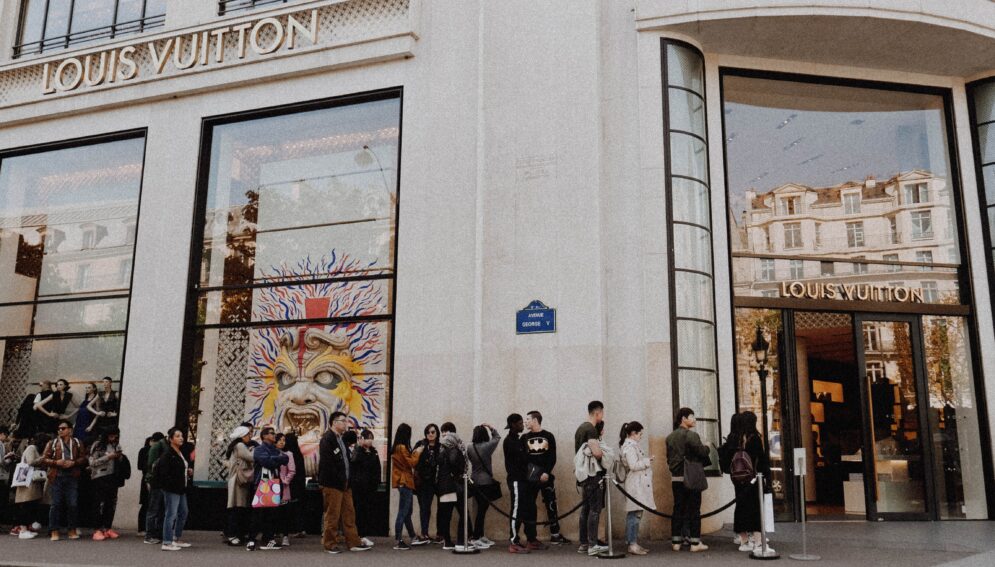ABSTRACT
An increasing number of firms want to take advantage of selling directly to the public because they understand that stores further than being “selling machines”, they are “experience machines”, at the same time, they are able to provide fast and valuable information about the customers and their shopping habits, in order to get their insights.
Clearly, this is a privileged situation that suppliers hardly to have access to.
____________
On March 19th 2007, La Vanguardia’s headline drew attention to the price of Algerian gas.
Nevertheless, the subheading was particularly interesting, “Algerian producers want to sell directly to (Spanish) consumers”.
It looked as if Sonatrach, the Algerian state-owned gas company supplying Repsol YPF and Gas Natural, wanted more paperwork, issuing millions of monthly invoices to Spanish customers instead of just a few invoices a year to these two big customers.
In fact, this is yet another example of the trend of many companies wanting to enter in retailing or to increase their percentage of retail sales.
Well-established airlines (Iberia, Spanair,…) are constantly increasing their retail sales. The Ponds Institute (a Unilever brand) is a fascinating example of how to get a foothold in retailing and expand internationally. Nespresso (Nestlé) and Illy are outstanding examples. Valentine’s pilot store has revolutionised retail paint sales to the public and to the professionals. Not content with being market leader, Beds (the Pikolin chain) is constantly opening new POS. The same goes for Sony, Apple, hotels and, of course, many fashion companies. So, are there strategic reasons for taking this important decision?
Shops are selling machines
… This is how they have always been considered, so this is not the aspect that surprises us.
Higher gross margins
When a company decides to sell to end-users, its gross margin increases, a crucial factor for business especially in tough times.
The other side of the coin concerns finance: retail business is capital intensive. A few decades ago it was virtually just smile-intensive: a pleasant, friendly person could succeed in retailing, even without investing a large amount of money in the business. Today, this is almost impossible.
Experience machines
Last month’s Burbuja (June, 2008) listed the advantages of being able to use the five senses in a store.
This is precisely what Dell, who’s strength came from being just in e-retailing, argues now that is opening physical stores.
Image from www.dell.com, June 15th 2008.
Know your end-user
Direct contact with customers turns stores into data collection gateways, gathering both quantitative and qualitative information of the clients. Usually the quantitative data they collect are the result of economic transactions and are related with the purchased product. Therefore if it is possible to identify the customers, it is also possible to define purchase behaviours according to the customer type.
Knowing consumers’ shopping habits not only allows to increase productivity, by having more checkouts open at the rush hours for example, but also reveals the underlying reasons fur such behaviour. For instance, identifying that the most popular days for DIY (do it yourself) products are at the beginning of holidays, on bank holidays and weekends, makes it obvious that this is a business related with leisure time, inspiring the type of marketing that should be carried out.
But qualitative data is also important. According to Prof. Sebastià Serrano, 70% of non-written human communication is conveyed by facial expression. If a company is able to train their staff to “read faces”, they will soon find out relevant things. For a retail firm, in less than a day it is possible to know whether a new product that is being sold with assistance, like a new digital camera, would be successful or not, and how keen customers are about it. The supplier, on the other hand, may take one or two months to receive consumers’ veredict.
Selling directly to the general public is no heaven, but people like it.
.
Lluis Martinez-Ribes
Source: Distribución Actualidad, the spanish magazine of retail
(nº 393, July 2008)




